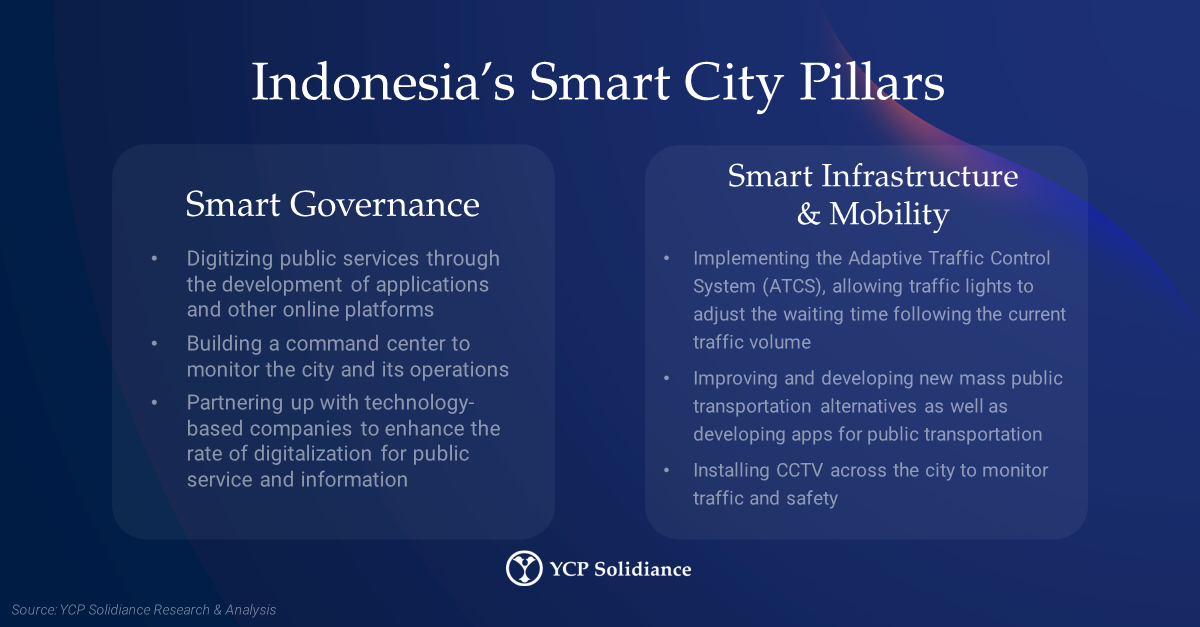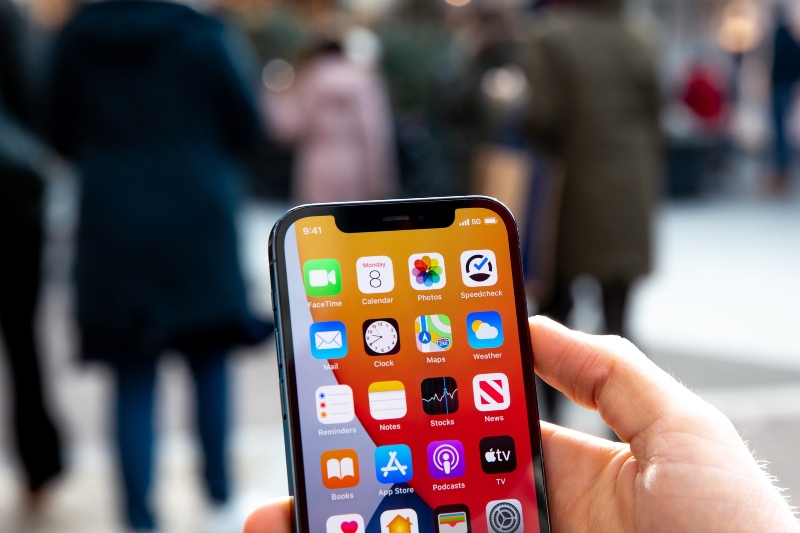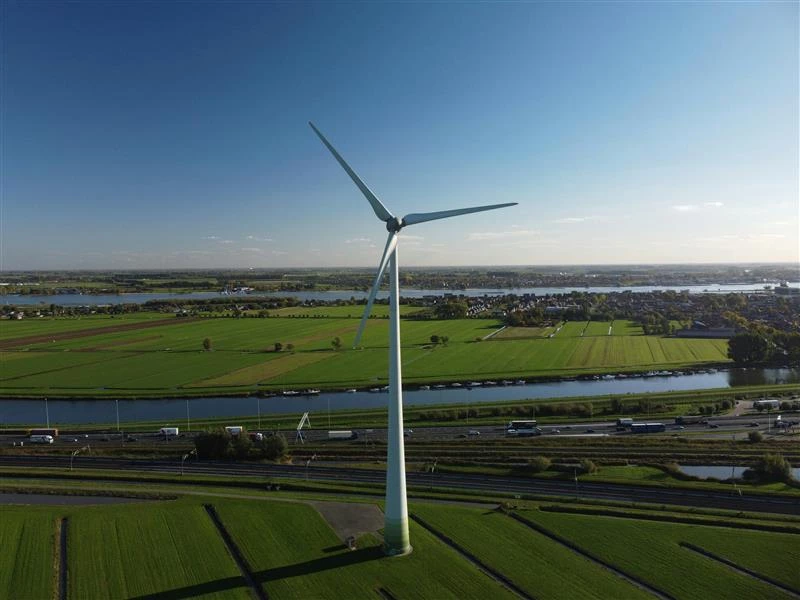Last March 2022, Chinese tech giant Huawei announced that it had inked a partnership with several Indonesian operators to bring 5G technology to various locations in the country: Jakarta, Surabaya, Bandung, and other areas across Indonesia.
Aside from greater consumer connectivity, 5G technology will also be beneficial for Indonesia’s manufacturers and the acceleration of smart government principles by helping integrate Industry 4.0 principles into daily operations to improve efficiency, reduce error, and demonstrate flexibility.
Industry 4.0 will be crucial for Indonesia’s post-pandemic economy across several business industries, especially as the country’s internet economy—already at 70% of ASEAN-6 volume in 2021—continues to mature and grow.
5G and Industry 4.0 in Manufacturing
According to The Jakarta Globe, Huawei heavily emphasized the crucial role 5G technology would play in updating Indonesia’s manufacturing industry, citing technology such as Internet of Things (IoT), cloud collaboration, and intelligent automation, which would vastly improve safety and efficiency within various manufacturing plants.
According to the YCP Solidiance white paper Road to Recovery: Post Pandemic Business Outlook in Southeast Asia, Industry 4.0 is set to play a large role in ensuring the region’s resilience and growth after the onset of the COVID-19 pandemic in 2020. Automation, in particular, is seen as an easy yet effective gateway for companies and countries wanting to slowly integrate Industry 4.0 practices into their operations.
Improving 5G technology would not only help accelerate Industry 4.0 growth in Indonesia, but introduce collaboration opportunities between large manufacturers and technology players and start-ups, who can provide innovative solutions to common operational issues.
5G Connectivity in Indonesia’s Smart Cities
5G will specifically play a large role in accelerating growth in Internet of Things (IoT)-based systems, increasing the connectivity of devices despite large distances—which is especially helpful as Indonesia establishes its network of smart cities.
Indonesia began its smart city development in 2013 with Smart City Bandung, and aims to have around 100 smart cities all over the country by its 2045 goal—which makes the adoption and implementation of 5G connectivity even more crucial.
The YCP Solidiance publication Can Indonesia Achieve ‘100 Smart Cities’ by 2045? Accelerating Implementation Through Business Collaboration discusses the pillars of smart city creation in Indonesia, emphasizing the pillars of smart governance and infrastructure as those particularly in need of collaborators for connectivity:

Other domestic 5G services have already been slowly rolled out in Indonesia—according to analytics firm Open Signal, wireless network provider Telkomsel began providing commercial 5G services in 2021, with operators like Indosat, XL, 3, and Smartfren preparing their own networks for 5G capabilities.
As more Indonesian industries embrace 5G connectivity, Industry 4.0 will become easier to realize through the integration of technology, helping the country achieve its economic and development goals.
For more insight into Indonesia’s technology growth, subscribe to our newsletter here and read our related reports:






